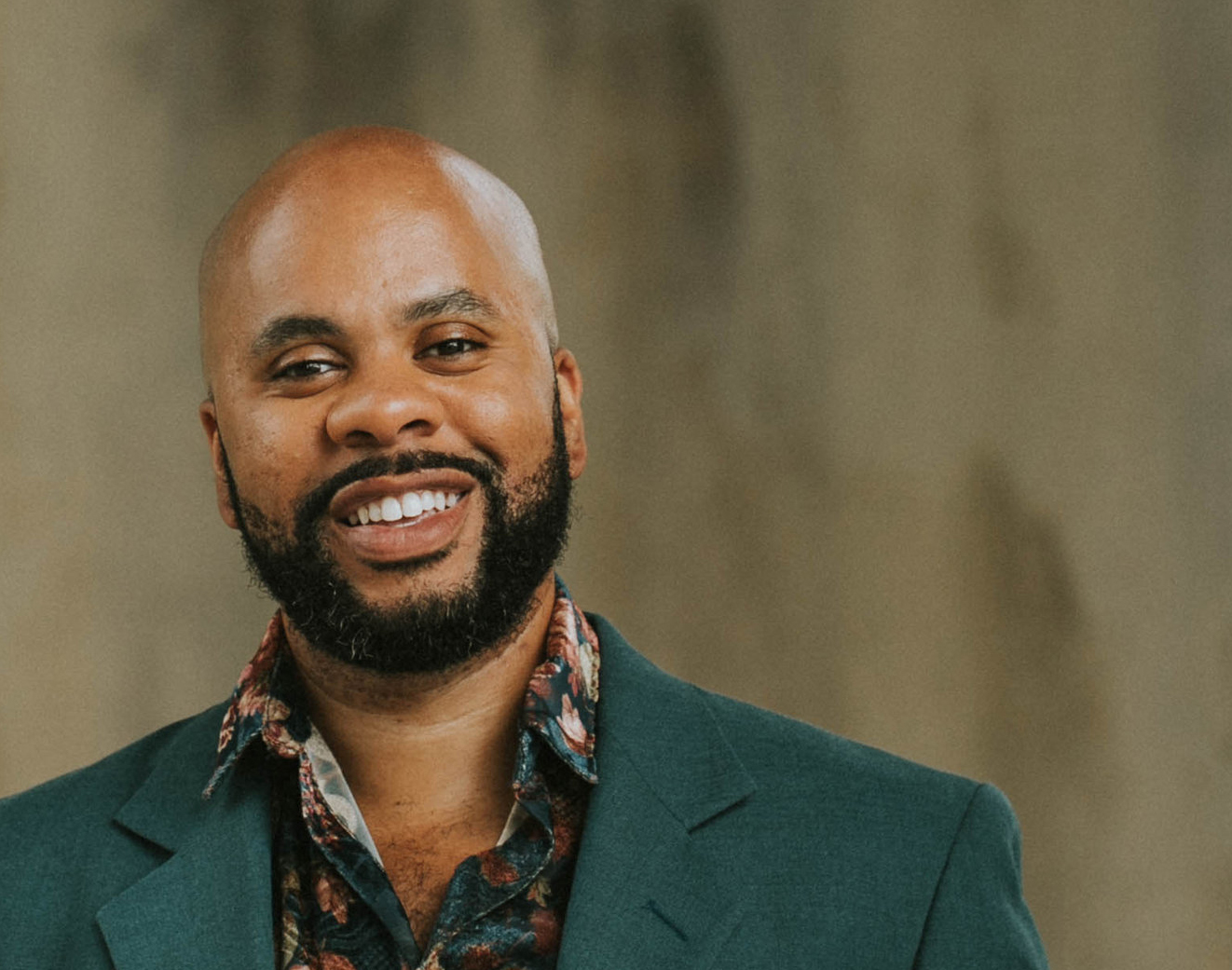UPDATE: Community members are seeking urgent advice on managing unwanted interactions while pursuing personal hobbies, such as gardening and mahjongg. As social dynamics shift in neighborhoods, many are struggling to find the balance between community engagement and personal space.
In a recent inquiry, a resident expressed frustration over interruptions while gardening in their home, stating, “I’m trying to work on my property in peace.” This sentiment resonates with many who wish to enjoy their personal time without constant neighborly distractions. The individual, who has been redoing their landscaping for two years, wants to know how to politely decline unsolicited conversations about their gardening choices.
Eric Thomas, a popular advice columnist, responded promptly, emphasizing the importance of protecting personal peace. He suggested practical solutions, such as wearing headphones to signal unavailability while working, or clearly communicating to neighbors, “not trying to be rude; just really focused at the moment. Have a great day!” This advice aims to empower individuals to maintain their focus while still acknowledging friendly interactions.
Meanwhile, another pressing scenario unfolded at a local public park, where a mahjongg instructor faced a challenging situation with a newcomer. The instructor, who runs a social group with 20 to 50 players weekly, encountered a woman claiming to be a mahjongg player despite having no knowledge of the game. After her insistence to join a table, she confronted the instructor about inclusivity, leading to a heated exchange.
Thomas firmly addressed this incident, advising the instructor to establish clearer guidelines about group participation. He stressed the importance of transparency in welcoming new players while ensuring that everyone understands the prerequisites for joining. “If your group wants to set as a rule that everyone who joins has to first take a lesson, that should be the standard for everyone,” he noted. This response aims to curb future misunderstandings and maintain a positive atmosphere for all participants.
The advice shared by Thomas is not just about individual cases. It reflects a broader shift in community interactions, where personal boundaries and inclusivity must coexist. As neighborhoods evolve, it is crucial for residents to articulate their needs while fostering a sense of community.
What happens next? Community members are encouraged to reflect on their interactions and consider implementing similar guidelines in their groups. Establishing clear communication can significantly enhance neighborly relations while respecting personal boundaries.
For more insights and advice from Eric Thomas, follow him on social media or subscribe to his newsletter. As these incidents evolve, staying engaged with community dynamics will be essential for cultivating harmonious living spaces.





































































